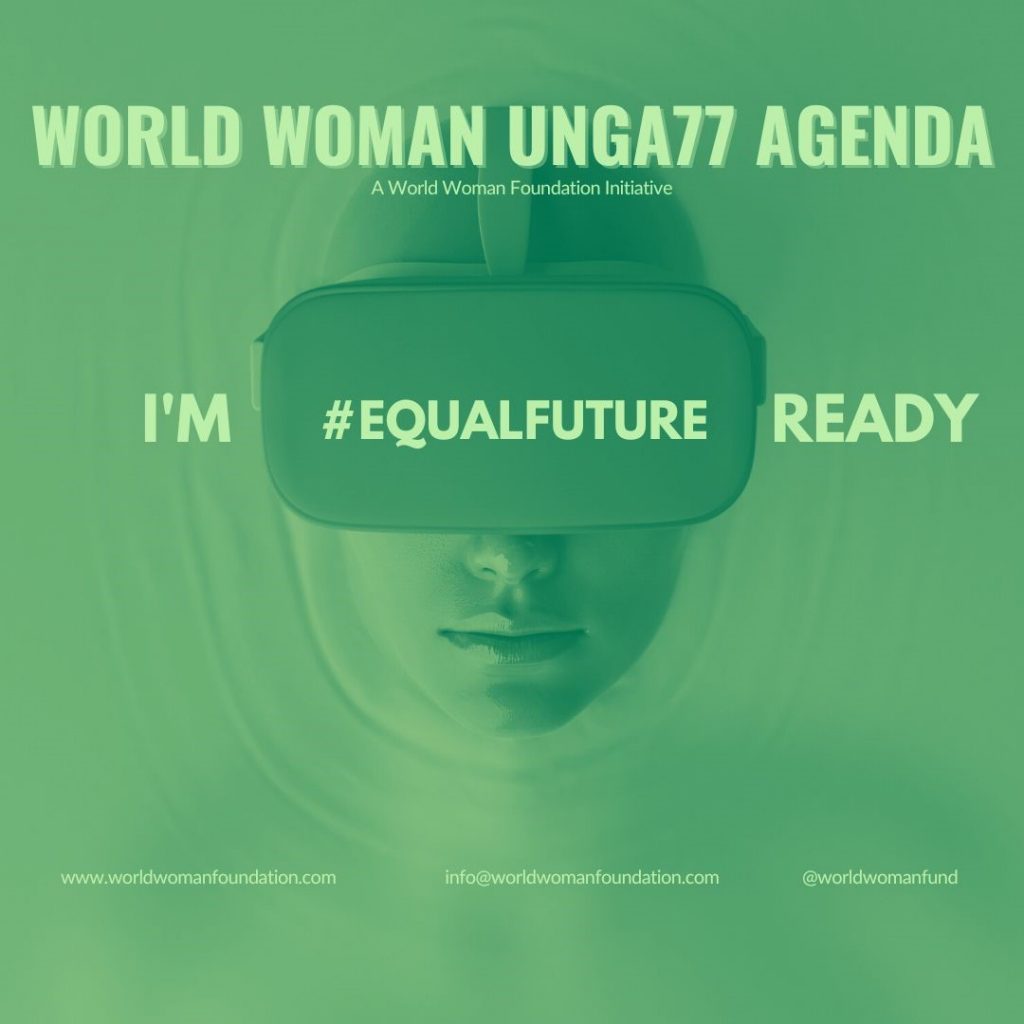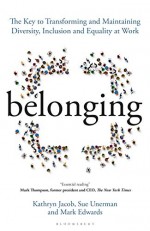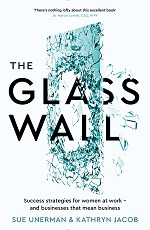
Access to modern contraception is vital to the empowerment of women and girls worldwide. There are 160 million women worldwide who do not have access and a $59bn cost to fulfilling unmet contraception needs. Even when contraception is available, cultural pressures: social norms, traditional gender stereotypes, prejudices and stigmas mean that many women do not have the choices that are available to most readers of this blog.
One session at the recent World Woman Foundation’s United Nations General Assembly 77 conference focussed on the inequalities that this engenders across the globe.
I was privileged to be part of a panel that ran later that day speaking about media and activism for an equal future for women and girls. And what I heard at the session on contraception, combined with the insights of the later panel, prompted a significant new provocation to the media, advertising and entertainment industry to take responsibility for a better and more equal future for everyone.
Sex sells. From music videos, through TV shows, to advertising, sexuality is used to drive audiences and sales.
Yet unprotected sex costs lives, curbs choices and represses opportunity.
Just as our industry has universally adopted carbon offsetting to ensure that businesses take responsibility for a better climate future so too should the industry adopt a sexuality offsetting responsibility.
This would mean that if you are using sexuality to sell product or drive audiences and views then you would also contribute to dealing with the unintended consequences. This could include making a contribution to the provision of contraception in the developing world where it is not freely available, or to ensure that you are actively involved in keeping responsible contraception front of mind for young people – of every gender – everywhere, by contributions to charities and NGOs and by creating content and education. It could mean provision of free condoms in your office, just as many organisations now offer sanpro.
Brands, movies, TV, music and media use sex to sell. Its less blatant in advertising than it was in the 1970s and 80s but in reality TV shows, drama, movies and pop videos it is in some ways more explicit. Using sexuality to sell is still widespread and prevalent. Its not hard to understand why – humans are hardwired to notice sexual references and imagery. Sex gets attention. Attention helps to cut through the clutter and the noise of competing products and images.
Contraception should not be a controversial issue. It is not only an issue for those who might get pregnant. The panel at UNGA77: Lori Adelman, Geralyn Ritter, Karl Hofmann and Dr. Julitta Onabanjo were clear that when women are able to make better and more active choices in terms of giving birth then this leads to better outcomes for society in terms of education, economic independence and health. The panel chair, Lori Adelman, asked the very distinguished audience in New York to raise their hands if they could acknowledge that their ability to make controlled choices about giving birth had contributed to their current status and ability to attend such a prestigious conference. 99% of hands were raised. Its easy to think that this issue doesn’t affect the world if you are in a position where you have had control and choice. For millions of women worldwide this is not a choice they have. Karl Hofman, ceo of Population Services International was clear: there is still huge resistance to better choices for women from the forces of “patriarchy, tradition and misogyny.” Geralyn Ritter, head of external affairs at Organon, said: “Women must raise their voices, education is needed for young people and for politicians, advocacy is essential”.
The later panel, on the impact media has on society, with Traci Otey Blunt, Adrianne C. Smith, Marjan Neshat, Karen Bystedt, Cheryl Fox and me, was agreed that there is huge change and transformation ahead. We discussed the huge impact media can have in terms of positive advocacy for change for a more equal future.
If you have influence in our industry, if you have a voice, you can help to make positive choice for women and girls have a bigger priority so that all women and girls can achieve their promise.
Making this change, a change to ensure a better outcome for women and girls through media in terms of responsibly offsetting sexuality, will ensure a more equal future for the world.



Stop judging.
Friday, October 28th, 2022Watching old movies on a long haul flight I caught the 2010, teen movie Easy A with Emma Stone. It’s essentially a movie about judgement. Loosely (very loosely) based on the Scarlet Letter by Nathanial Hawthorne, it recounts the experience of Olive, who is condemned for being promiscuous based on rumour – to be fair much of which she brings on herself. One thing is clear, Olive can’t get through high school without being judged.
At the recent conference I attended in NYC (hence the flight, and opportunity to spend time with old movies), the topic of women being judged came up at the World Woman Foundation UNGA conference. Krista Webster, vc at Stagwell Global, chaired a panel on entrepreneurship and economic empowerment for women. And it seems as though most business women also can’t get through their career without being judged, and that it is one of the causes of a lack of fairness in their career progression.
Men still dominate the world of business, though women business start-ups have been increasing and according to Earthweb data released this week 43% of all global entrepreneurs are women. However, funding from VCs is still massively skewed towards men. According to Sanja Partalo, co-founder and managing partner of S4S Ventures, less than 5% of funds goes to women. Women entrepreneurs are 2x more likely to get funding from women VCs. There are only 2% of funds led by women. Her advice to would be women entrepreneurs: “You have to be persistent and relentless”.
Also this week research was published by Samsung, which shows that the same gendered judgements and issues are around today as existed 7 years ago when Kathryn Jacob and I wrote The Glass Wall, success strategies for women at work and businesses that mean business. We garnered headlines back in 2016 for our advice to never pour the tea at work. The new Samsung research says that women are still more likely to be asked to make tea, and how they cope with having children than men in the same role. Whilst research for our latest book, with Mark Edwards, Belonging, the key to diversity, inclusion and equality at work, by Dynata, reveals that when asked whether they would rather be liked or respected at work, more women say they value being respected. More men would prefer to be liked. Perhaps men take respect more for granted?
Back to the WWF conference: Janneidy Velazquez, diversity lead at BMW, talked about the importance of making, and owning mistakes. As I continually make mistakes and try to own them, and learn from them, I was inspired to hear her say that in fact mistakes need to be made. For instance, interracial relationships were once a “mistake” as far as some societal conventional wisdom is concerned. We should now celebrate all those who pioneered in this respect to change attitudes. Taking judgements too hard means that people, and perhaps evidence shows particularly women, don’t feel safe to challenge the status quo.
According the panellists on economic empowerment for women it is only failure that makes you appreciate the sweet smell of success.
Women of business: Eschew judgement, make mistakes, don’t make the tea.
Posted in MediaComment | Comments Off on Stop judging.